
Bone pain is a common symptom that patients with multiple myeloma face, but some may find relief with treatments and exercise.

Bone pain is a common symptom that patients with multiple myeloma face, but some may find relief with treatments and exercise.

Immunotherapy and tyrosine kinase inhibitors may potentially change the treatment paradigm for patients with renal cell carcinoma, the most common type of kidney cancer in adults.
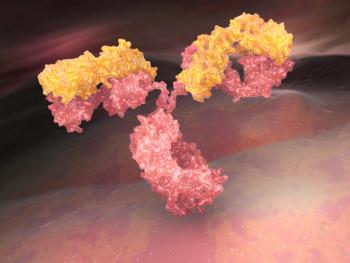
BiTE therapy could lead to better ways to target the immune system, while minimizing the chance of resistance.

Second opinions may enhance your treatment plan or even change your course.
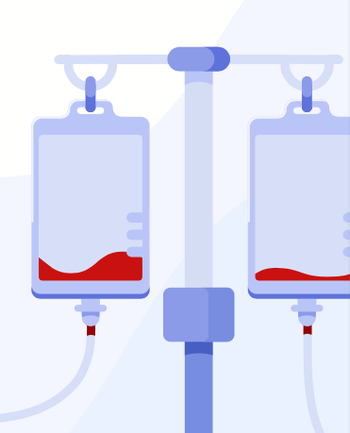
Blood shortages during the COVID-19 pandemic have forced cancer centers to get creative to ensure patients with hematologic malignancies are able to get transfusions in a timely manner.

Ultra-precise drug targeting brings new hope for patients with non-small cell lung cancer that harbors rare mutations.

Exciting advances in treatment options for patients with mantle cell lymphoma are greatly improving the outlook for long-term remissions.

In both diagnosis and treatment of cancer, there is a growing role for radiation drugs that are injected, ingested or inserted.

New immunotherapy combinations aim to turbocharge the immune system’s attack against cancer.

Less invasive surgery and more focused radiation can ease treatment for patients with lung cancer — at any stage.

Cancer can trigger symptoms that seem as mysterious as their name: paraneoplastic syndromes.

A look back at how immunotherapy began in oncology.

New technologies boost safety for patients with cancer who need donated blood.

A new drug can break the circuit of cancer-causing effects that develop when certain genes fuse.

Emerging facts about the genetics that drive gastric cancer are leading to new treatments for the disease.

Testing for genomic mutations in lung cancer helps pinpoint targeted therapies.

Researchers are using innovative technology to hunt down hidden cancer cells.

Men with advanced prostate cancer may benefit from genomic testing as BRCA and other gene mutations play a bigger role in guiding treatment.

After treatment, remaining breast cancer cells can lie dormant for years before causing a recurrence. Researchers are investigating how to stop them.

Clinical trials seek to discover new ways to attack the disease, limit metastasis and prevent recurrence.

Immune and targeted therapies build hope for patients with advanced lung cancer.

Immunotherapy may play a growing role in treating gastrointestinal cancers categorized as MSI-high.

One-fifth of all cancers are caused by viral infections. New treatment and prevention strategies are in the works.

Immunotherapies known as checkpoint inhibitors are so promising in bladder cancer that many patients want them as first treatments — before they’ve been proven in that setting.

Zuniga enjoys mentoring other patients as part of her volunteer work with the Arizona Carcinoid and Neuroendocrine Cancer Foundation. In February, she helped organize a panel discussion with physicians from Banner MD Anderson Cancer Center in Gilbert, Arizona, which was simulcast online so patients anywhere could learn about new treatment options and therapies that are in development.
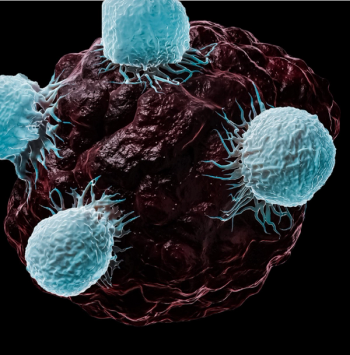
Patients with neuroendocrine tumors have more treatment options than ever before.

Screening and preventative surgery are common strategies for those with inherited predispositions to cancer.

New guidelines offer a variety of screening tests for colorectal cancer, some of them noninvasive.

CURE gathered some need-to-know facts about bladder cancer, the sixth most common cancer.

For decades, research into bladder cancer treatments was stagnant, but now science has moved into a period rife with new approaches — immunotherapy chief among them.

Published: October 30th 2020 | Updated:

Published: September 13th 2021 | Updated:
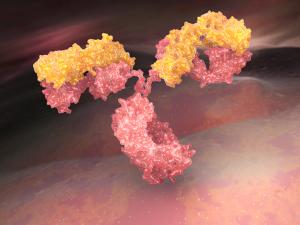
Published: June 16th 2021 | Updated:
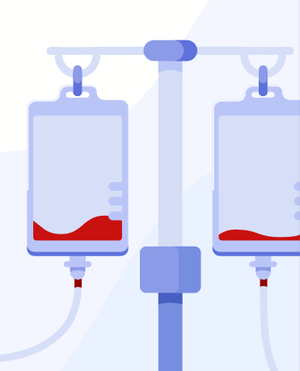
Published: February 12th 2021 | Updated:

Published: June 24th 2020 | Updated:

Published: July 17th 2020 | Updated: